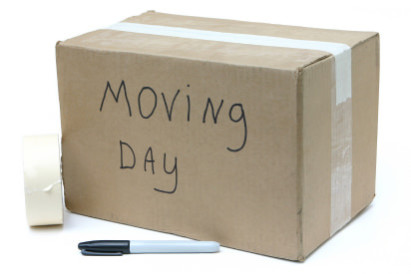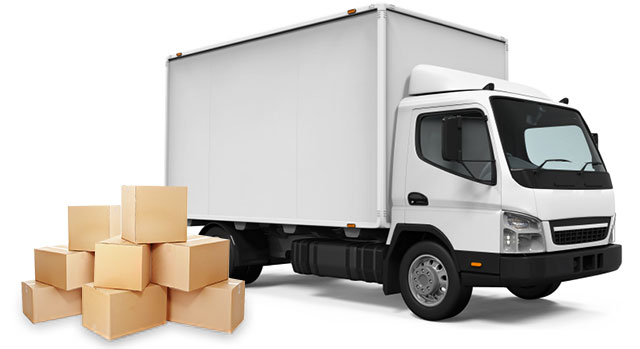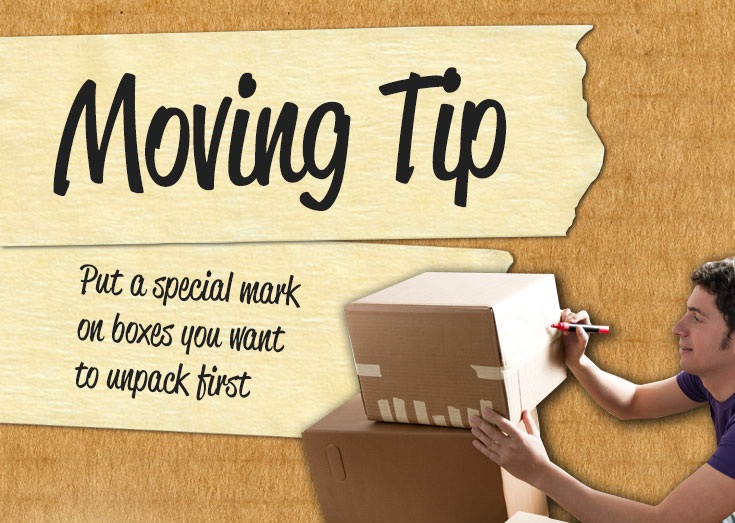Packing up an entire household for a move is often considered to be the most tedious job in anyone’s moving calendar – after all, it’s hard to compete with such a repetitive task that’s usually stretched out for days, weeks, and even months. However, there’s a close competitor in the competition for the most boring activity in a residential move – having to deal with moving company paperwork.
Sure, no individual shipper of household goods can possibly enjoy reading the fine print in the Moving Estimate, Order of Service, Bill of Lading, Home Inventory Sheet, and High Value Inventory Sheet that their chosen mover will give them before the actual move takes place. However, if you do wish to have a smooth house move with no unpleasant surprises or shocking news of any kind, you should pay attention to the moving house paperwork that you are handed.
You are expected to read the important documents when moving, understand them, ask questions if you fail to grasp the meaning of a certain clause or condition, sign them if you agree to all the terms stated in them, and keep the copies safe through all stages of the relocation.
So, follow this moving paperwork checklist to learn more about the major moving documents, paperwork and forms that will be exchanged between you and your professional moving company in the course of the move:
Moving estimate
The very first piece of documentation that you should receive from your future relocation partner is a written binding or non-binding estimate after an in-house survey from a moving company representative. Do not agree to receive estimates over the phone or via e-mail simply because the risk of gross price underestimation is too big.
The initial document should clearly state
the type of estimate,
the calculated final amount,
all the additional services that you have requested or that are needed for the successful completion of the relocation job, and naturally,
the charges for each extra service offered.
This is a key moment – if you don’t really understand how your moving company reached the final price stated on the document, you should request clarification. If you still don’t understand the concept of price formation, ask them again. In fact, this is the first real test of trust between you and your mover, and if you get the funny feeling that things have not started off on the right foot (for example, due to vague explanations or refusal to provide clarifications), then consider contacting another professional mover.
Order of Service
If you happen to find the quoted price and the stated conditions to your liking, then you should contact the moving company that issued them and inform them that you would like to hire their services. When that happens, you should soon receive an order of service which will serve as the moving contract between you and the moving company you have selected.

All the relevant information should be laid out in that order of service – all the move details that you want to have in one place:
- the exact pick-up date,
- the estimated delivery date (may be a period of a few days in the case of a cross country move),
- the calculated price that should match the one you were given in the mover’s estimate,
- possible insurance options,
- cancellation policy (if applicable),
- type of the moving vehicle,
- all accessorial services required to finish for your residential move, and
other terms you may have discussed with the moving expert at the initial on-site visit.
It’s your duty to read the order of service very carefully before agreeing to its conditions by signing it. If there are any details you don’t seem to agree with, do not sign it but discuss your concerns with the relocation expert who’s responsible for the document.
Bill of Lading
Viewed as one of the most important documents when moving out, if not the most essential one, the bill of lading is prepared on the basis of the order of service and should match it completely. Your moving company is required to give you the bill of lading on moving day and you must agree to its terms with your signature before the move can begin.
For better or worse, it’s time for you to take some time to compare the data between the two documents. Pay special attention to the listed charges because that is exactly where you are likely to find any discrepancies. So, in case of such notable discrepancies between the order of service you already signed and the bill of lading you are expected to sign, speak with your movers to understand the reason for the differences.
Hopefully, the bill of lading will serve as confirmation that things are exactly as they are supposed to be – after all, you did succeed in finding a top rated mover you can trust, didn’t you? If everything is correct, your mover will also sign the document after you do, and then give you a copy.
Remember: the bill of lading is the official record of your residential move and you must keep it safe long after moving day is over.
Home Inventory Sheet
Our moving paperwork checklist ends with another important document which will play a major role on your move-out day, and even on your move-in day – the inventory sheet. That form should contain all the household items that your professional moving company will transport for you. The home inventory sheet works like this: as each possession of yours is taken out of your home and loaded into the moving truck, it will be marked against the form and duly noted as loaded. In practice, that very piece of paper ensures that nothing is left behind.
You should be well aware that if you have any items of extraordinary value (possessions valued at more than $100 per pound), then they should be included in the so-called High Value Inventory Sheet. Most movers will want to make sure such valuables are packed by them, and not by you, to guarantee their safety during transit. Also, it’s a good idea to purchase additional insurance for your valuable items.
And, once your movers deliver the shipment to your new home, you will be asked to sign the inventory sheet as proof that each item has been delivered successfully. So, place your signature only after you’ve personally checked that all items have been accounted for and that they are not damaged in any way. In case you notice any kind of damage due to mishandling or incorrect transportation techniques, or an item (or items!) is missing altogether, then note the problems down on the inventory sheet and ask the movers to confirm them with their signature so that you can later file a complaint or make an insurance claim.
Read more source link: http://moving.tips/moving-day-tips/read-the-paperwork-carefully/









